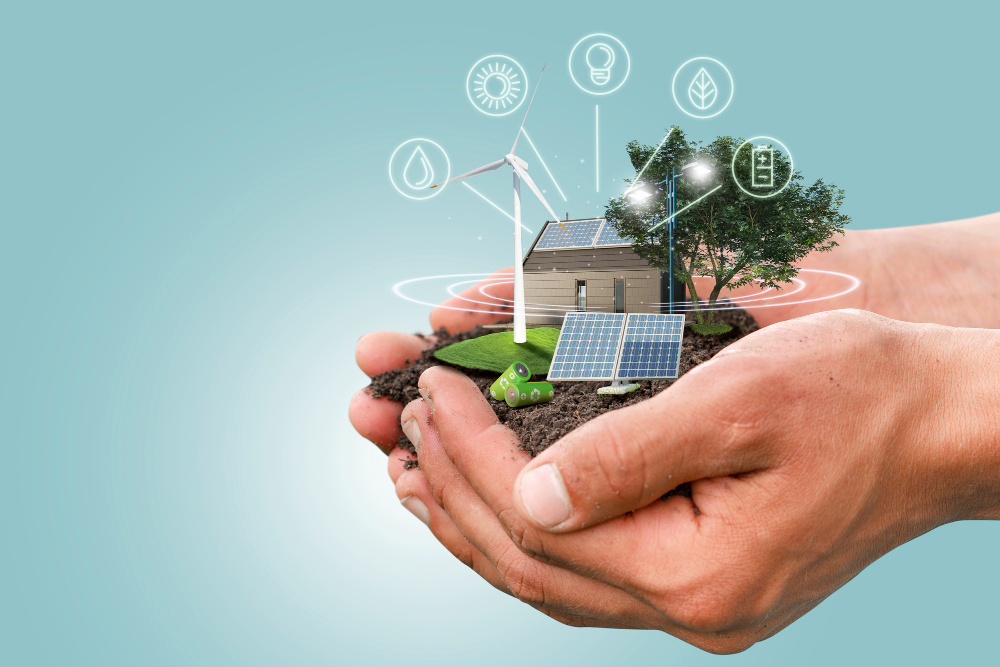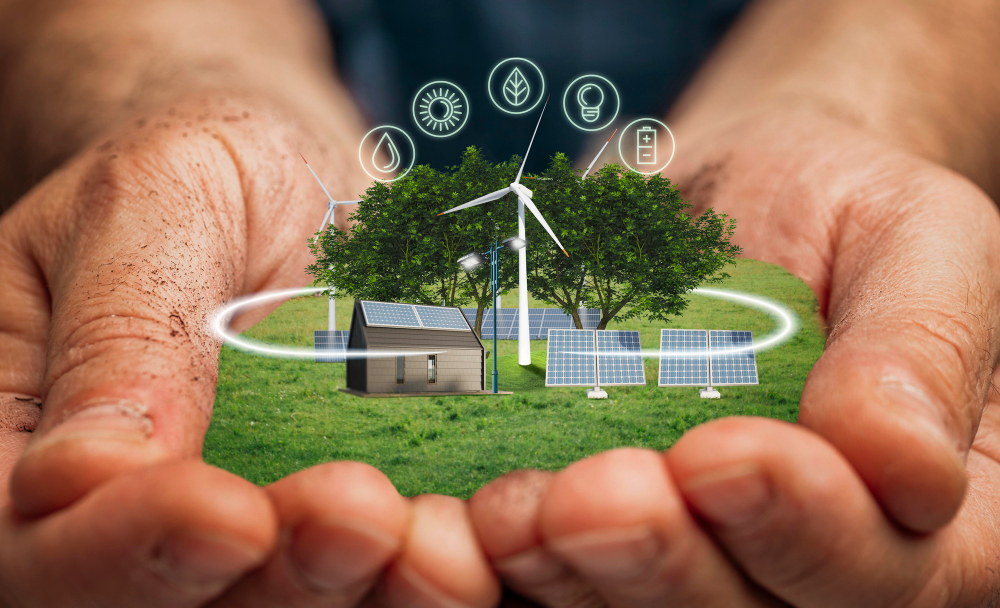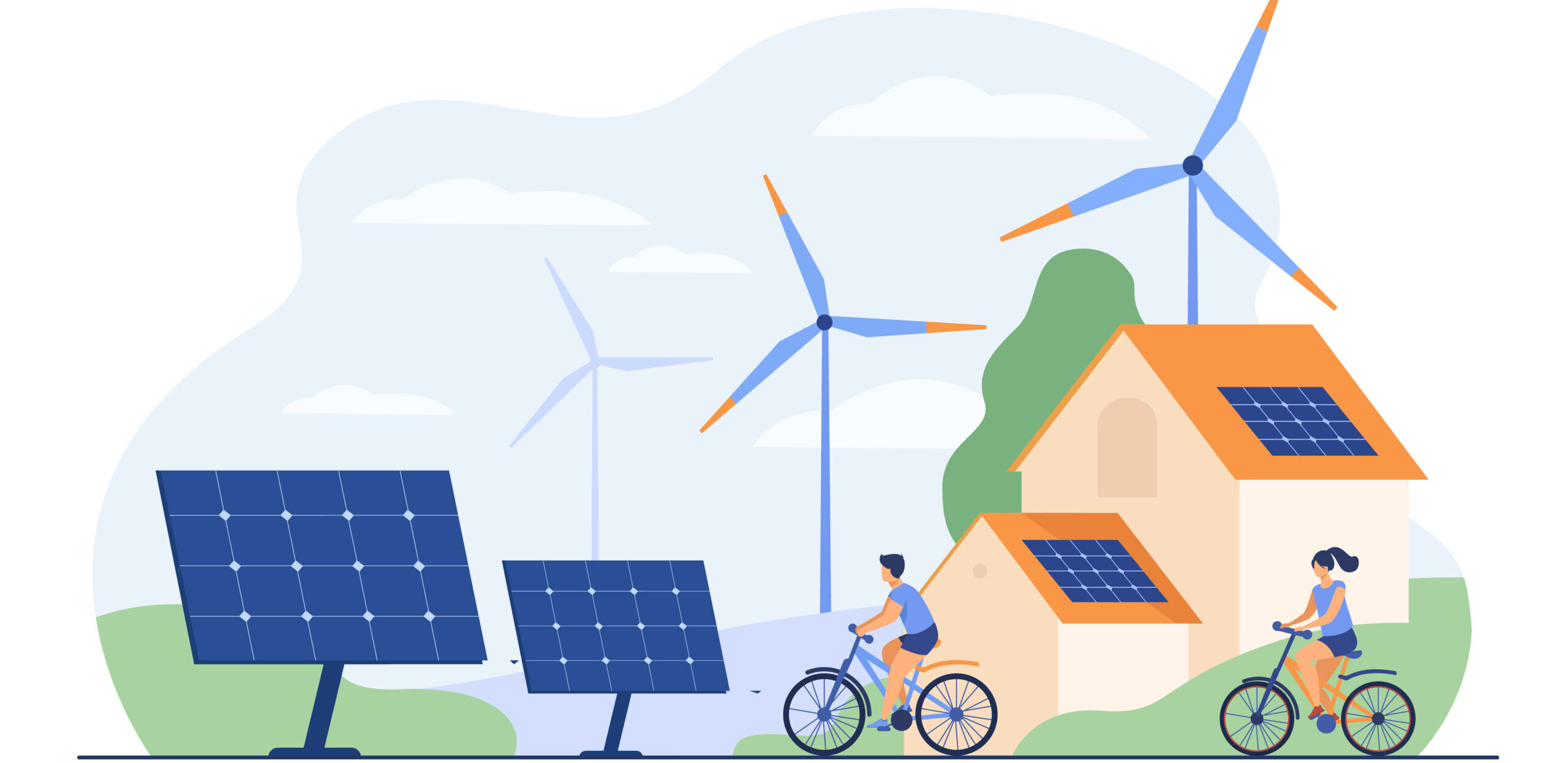Navigating the Energy Shift: From Fossil Fuels to Clean Energy
- 1 Embracing Technology for Enhanced Fuel Efficiency
- 1.1 Driving Tips: Maximizing Efficiency and Reducing Costs
- 1.2 Car Maintenance: Key to Fuel Efficiency
- 1.3 The Surge in Gasoline Prices: An Analysis
- 1.4 Fuel Economy Statistics
- 1.5 The Impact on Consumers
- 1.6 Government Response to Energy Challenges
- 1.7 Impact of Energy Policies
- 1.8 The Case for Clean Energy
- 1.9 Embracing a Sustainable Future
- Tech Solutions for Sustainability: Gas savings apps and other tech innovations are driving the shift from fossil fuels to clean energy by empowering consumers to reduce gasoline consumption and emissions.
- Driving Tips for Efficiency: Simple driving tips like speed management, reducing drag, minimizing idling, and exploring alternative transportation options can maximize fuel efficiency and lower costs.
- Car Maintenance for Fuel Efficiency: Regular car maintenance, such as proper tire inflation, using the right oil grade, and routine checks, can significantly improve fuel economy.
- Impact of Rising Gasoline Prices: Recent trends show a surge in gasoline prices, impacting consumers’ household budgets, especially low-income and minority households.
- Government Response and Clean Energy Transition: Federal initiatives like a gas tax holiday and investments in clean energy aim to address high energy costs and accelerate the transition to renewable sources for a more stable, equitable, and sustainable future.
Explore the shift from fossil fuels to clean energy, emphasizing tech solutions like gas savings apps for a sustainable, equitable future.
In 2020, a remarkable milestone was reached in the United States: Americans drove a staggering 2.83 trillion miles, equivalent to making 6 million roundtrips to the moon. This statistic is a testament to the nation’s love of driving and underscores a significant issue: the heavy reliance on fossil fuels.
Light-duty vehicles alone account for over 40% of U.S. oil use. With this in mind, many Americans are seeking ways to reduce gasoline consumption, driven by a desire to save money, lower pollution, and improve energy security.
Embracing Technology for Enhanced Fuel Efficiency
In the digital age, technology offers innovative solutions to traditional problems. One such advancement is the emergence of tech innovations, like a top-tier gas cash back app that can help with your saving efforts. This type of tool has become increasingly popular among drivers looking to reduce fuel costs.
Money savings apps like these typically help locate the cheapest gas prices in the vicinity and provide insights on fuel-efficient routes, driving habits, and more. By using a trusted and credible gas savings app, drivers can make informed decisions, ultimately leading to significant savings on fuel expenses.
This approach is a testament to how technology can be harnessed to make everyday life more economical and environmentally friendly.
Driving Tips: Maximizing Efficiency and Reducing Costs
- Speed Management: Gas mileage rapidly decreases at speeds above 50 mph. Driving at lower speeds can result in substantial fuel savings.
- Reducing Drag and Weight: Carrying items inside the car instead of on roof racks and avoiding unnecessary heavy items can improve fuel economy.
- Minimizing Idling: Idling for more than 10 seconds consumes more fuel than restarting the engine. Reducing idling can save much fuel, translating to cost savings and reduced emissions.
- Alternative Transportation: Exploring options like telecommuting, carpooling, public transit, biking, or walking can lead to significant savings on fuel and car maintenance costs.
- Driving Sensibly: Aggressive driving, including speeding, rapid acceleration, and hard braking, can significantly lower gas mileage, affecting highway and city driving efficiency.
- Combining Errands: Combining several short trips into one can significantly reduce fuel consumption compared to multiple cold starts.
Car Maintenance: Key to Fuel Efficiency
- Tire Inflation: Properly inflated tires, per the owner’s manual or door jamb sticker, can improve fuel efficiency.
- Oil Grade: Using the manufacturer-recommended grade of motor oil can improve gas mileage by 1%-2%.
- Regular Maintenance: Routine checks and repairs can prevent fuel economy issues and improve mileage significantly.
The Surge in Gasoline Prices: An Analysis
- Recent Trends: In 2020, the onset of the pandemic led to a dramatic decrease in oil demand and gasoline prices. However, this trend reversed as demand rebounded, exacerbated by the Russian invasion of Ukraine and the ongoing climate crisis.
- Root Causes: The decline in refinery capacity, global political tensions (including wars with Israel/Hamas and Ukraine/Russia), and the transition to clean energy have all contributed to the recent spike in gasoline prices.
Fuel Economy Statistics
| Year | Miles Driven (Trillion) | Avg. Gas Price per Gallon |
|---|---|---|
| 2020 | 2.83 | $3.15 |
The Impact on Consumers
The average American household now spends significantly more on gasoline and heating oil. The burden of high energy costs disproportionately impacts low-income and minority households.
Government Response to Energy Challenges
- Federal Initiatives: The Biden-Harris administration proposed a federal gas tax holiday and biofuel investments. However, the effectiveness of these initiatives is under scrutiny.
- Clean Energy Transition: A pivotal solution accelerates the transition to clean energy. This shift can stabilize energy costs, reduce reliance on fossil fuels, and address environmental justice issues.
Impact of Energy Policies
| Policy | Estimated Household Savings |
|---|---|
| Federal Gas Tax Holiday | 3.6% reduction in prices |
| Investment in Clean Energy | Avg. $500 per year |
The Case for Clean Energy
- Cost-Effective: Clean energy sources like solar and wind are becoming increasingly affordable.
- Health Benefits: Transitioning to clean energy reduces pollution and associated health risks.
- Stable Prices: Renewable energy offers more price stability than volatile fossil fuel markets.
- Environmental Justice: Clean energy initiatives can address the disproportionate impact of pollution on marginalized communities.
Embracing a Sustainable Future
The shift from fossil fuels to clean energy is an environmental imperative and a pivotal step toward a technologically advanced, economically resilient, and socially equitable future. Integrating innovative tools like gas savings apps into our daily lives is a testament to the power of technology in driving sustainable choices.
These apps merge data-driven efficiency with environmental stewardship, guiding us toward more informed and eco-friendly decisions.
As we navigate the complexities of rising fuel costs and global energy challenges, adopting such technologies plays a crucial role in easing the transition, offering immediate economic benefits while laying the groundwork for a broader systemic change.
This evolution towards clean energy is also a move towards rectifying long-standing inequities, marking a shift in how we consume energy and who benefits from this consumption.
By reducing reliance on volatile fossil fuel markets, we open the door to more stable and predictable energy costs, safeguarding against the economic uncertainties of global oil prices.
Plus, the focus on renewable sources like wind and solar power promises a future where energy is cleaner and more democratically accessible, reducing the disproportionate environmental burden on marginalized communities.
The drive towards clean energy, bolstered by technological advancements, is a journey towards a future where sustainability, equity, and economic stability coalesce, ensuring a healthier planet and a prosperous society for all.



















